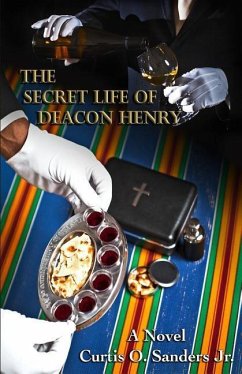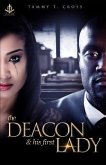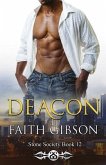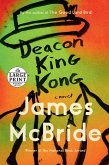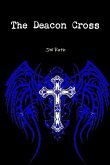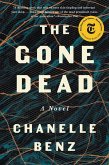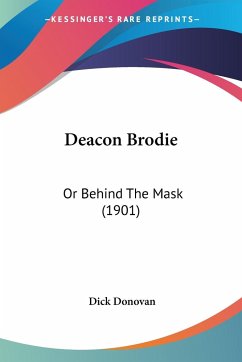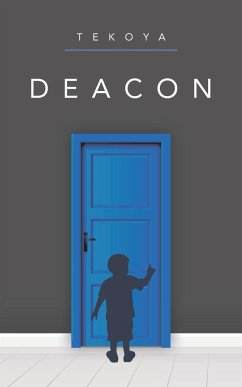My passion to be a Baptist deacon started as a child growing up in the sixties. Church was the only place I saw Black people with power. Most of the older members of my church had little, if any, education, and had no real concept of theological doctrine. They declared their love for Jesus based solely on what they felt in their heart. They Praised God to express their gratitude for being able to survive in a blatantly racist society. Their song of praise was "God have mercy on a sinner like me." I found this type of faith admirable. I joined the army of the Lord armed with my Bible in one hand, and the blood stained banner of Jesus in the other. The uniqueness of the Black church is a reflection of the African American experience being rooted in slavery. I live in Harlem, and on any given Sunday Black churches are filled with tourist from all over the world. I have had meaningful conversations with some of these tourist regarding how much they enjoy the liveliness of the Black church. Overall, they view the Black church as a powerful spiritual experience. They love Gospel music. They love the unique style of African American preachers. Some have commented, if church was this lively at home they would go to church more often. I question if these tourists would have the same appreciation for the Black church if they were enslaved with the countenance of Christianity. When I attended college I was introduced to White Evangelical Christians who proclaimed that Christianity is not a religion but a personal relationship with Jesus Christ. They proclaimed that the Bible and Christianity is an absolute truth. They convinced me that I did not understand the power of Gods' word. This made sense to me. It explained why Black folks, who praise God more than anybody else, are still at the bottom of everything. We must not be praying in accordance with the word of God. I guess God does not hear the prayers of the illiterate. Then I met Black Charismatic Christians who claimed I was going to hell because I did not speak in tongues. If I was saved I would have the power of the Holy Ghost; Thus, I would speak in tongues, cast out demons in the name of Jesus, and give up going to clubs. In the midst of deciphering these totally incongruous views of Christianity, all based on the word of God, as interpreted by men who love the Lord, and are being led by the Holy Ghost, I escalated my intellectual curiosity. My concept of faith being an issue of personal solace was being attacked. I found myself being bombarded with outrageous claims about what it entails to be a Christian. I maintain that debating someone's faith is futile. However, I aggressively debate claims by Christians who infringe upon the rights of others or jeopardize the well being of innocuous believer's, in the name of God. I initiated a personal crusade to discover the truth about Christianity, the duplicity of the Black church, the pitfalls of religion, the deception of religious testimonies, the manipulation of evangelicals and the stronghold that religion has on the Black community. I explore the attributes of secular humanism. I mingle with those who broke the mental chains of Christianity. Most of all I ponder what I consider the most important question facing the Black community. Is it time to liberate Black people from Christianity in particular and religion in general? I embark upon my crusade armed with reason, logic, science, Christian history, biblical history critical thinking skills, and most of all over fifty years of life experiences. I am trapped between my overt love for the God I worshipped growing up in a progressive Black church and my secret desire to embrace the truth. If you ever challenged your childhood perception of the meaning of life, or the faith you were raised in, or found yourself in the midst of a personal transition, reading the Secret Life of Deacon Henry will be like having a drink with an old friend.

